Senate Confirms Trump Nominee Jennifer Lee Mascott in Narrow 50–47 Vote — A Major Conservative Win Reshaping America’s Courts
In a major win for former President Donald Trump’s judicial legacy, the U.S. Senate has officially confirmed Jennifer Lee Mascott to the United States Court of Appeals for the Third Circuit in a narrow 50–47 vote. The confirmation marks another turning point in the ongoing transformation of the federal judiciary, one that has been years in the making and continues to influence American law far beyond Trump’s presidency.
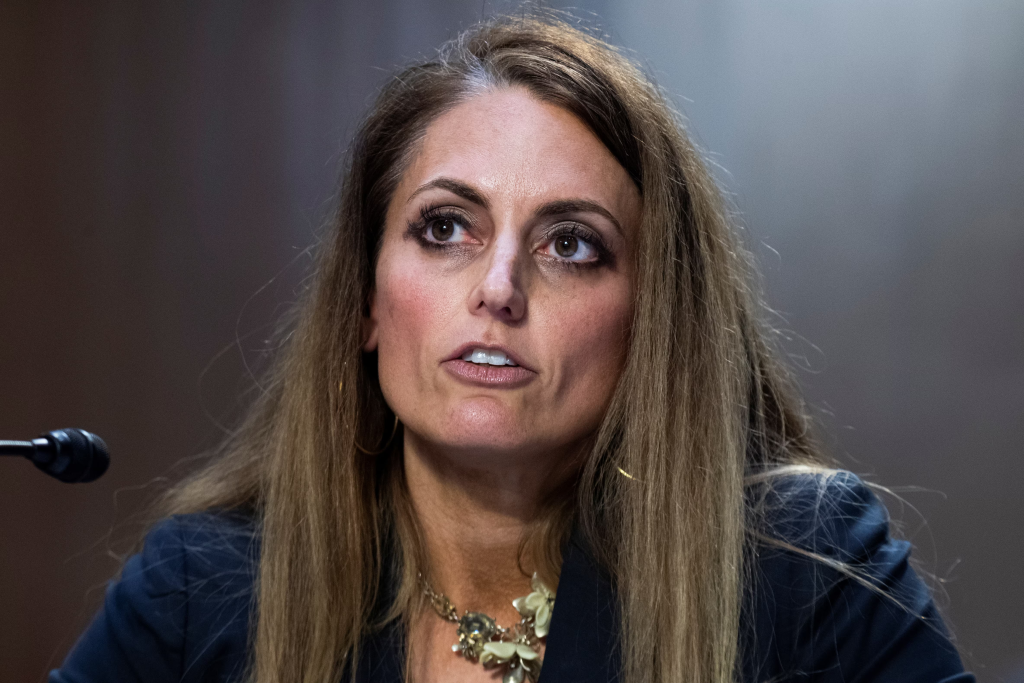
Mascott, a respected legal scholar and former clerk to the late Supreme Court Justice Antonin Scalia, has long been known for her commitment to constitutional originalism — the belief that judges should interpret the law based on its original meaning rather than modern reinterpretation. At just 43 years old, she joins the Third Circuit, which oversees federal appeals from Pennsylvania, New Jersey, Delaware, and the U.S. Virgin Islands, bringing with her a reputation for intellectual rigor, conservative principles, and strong academic grounding.
The vote, split largely along party lines, was a reflection of today’s deeply divided political climate. Every Republican present voted in favor of Mascott’s confirmation, while nearly all Democrats opposed her nomination. Vice President JD Vance, presiding over the Senate, did not need to cast a tie-breaking vote — a sign of Republican unity on what many consider one of Trump’s most enduring priorities: the courts.
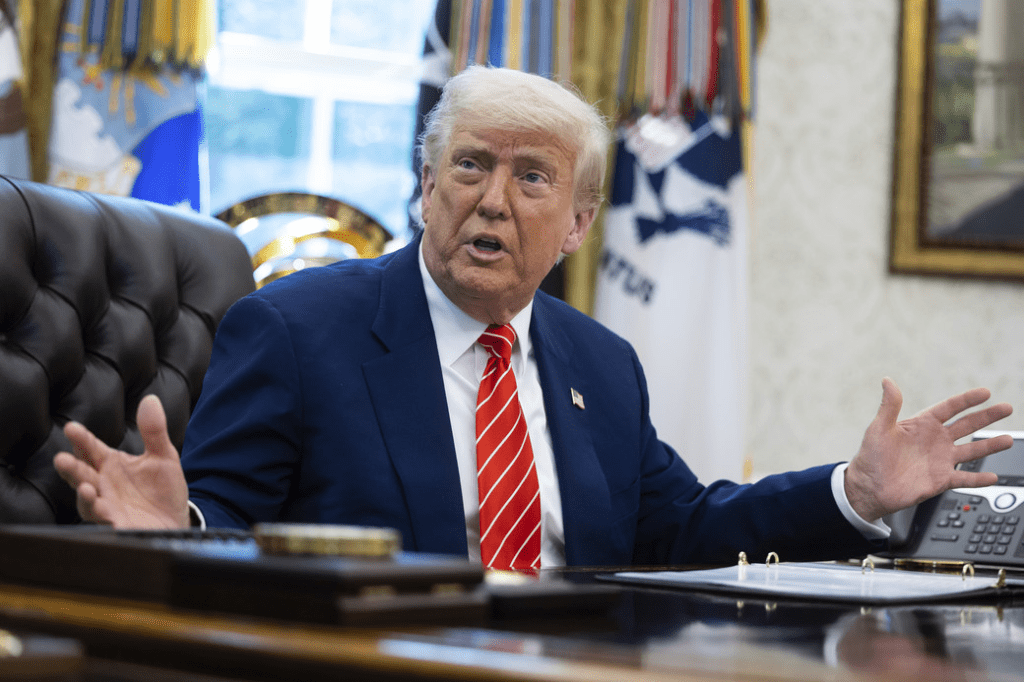
For conservatives, the confirmation represents more than a single appointment. It symbolizes the restoration of momentum behind Trump-era judicial nominations, many of which had stalled amid political gridlock. With the backlog finally being cleared, the appointment of figures like Mascott signals a renewed effort to shape the federal bench for generations to come.
Supporters describe Mascott as a brilliant legal mind and a principled jurist with a clear respect for the Constitution’s text. Her work as a professor at George Mason University’s Antonin Scalia Law School and her writings on administrative law have earned praise from legal conservatives who see her as part of a new generation of judges committed to curbing government overreach.
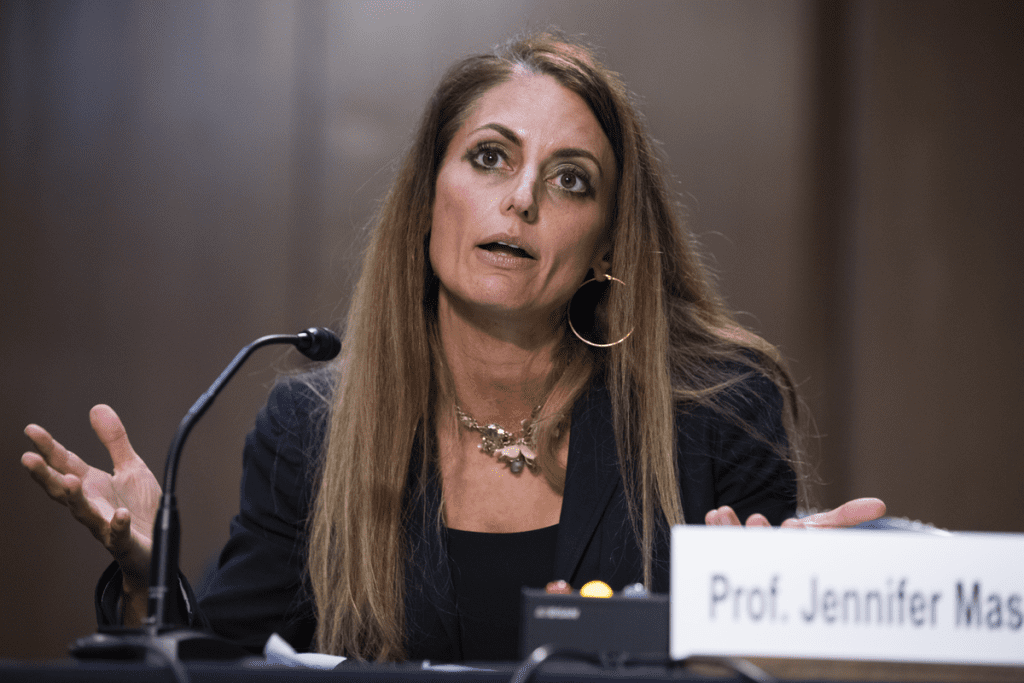
During her confirmation hearings, Mascott emphasized her belief that judges must remain faithful to the rule of law and resist political pressures. “The judiciary’s legitimacy depends on neutrality,” she told the Senate Judiciary Committee earlier this year. “Judges must apply the law as written — not as they wish it to be.” Her straightforward approach earned admiration from Republicans and frustration from Democrats, who questioned her potential rulings on issues like executive power and regulatory oversight.
President Trump, who continues to celebrate his judicial achievements as one of his proudest accomplishments, praised the decision in a Truth Social post, calling Mascott’s confirmation “a victory for fairness, for law, and for the American people.” Legal analysts agree that with Mascott on the bench, the Third Circuit — already leaning moderately conservative — may now tilt further right on key issues involving federal regulation, religious liberty, and administrative law.
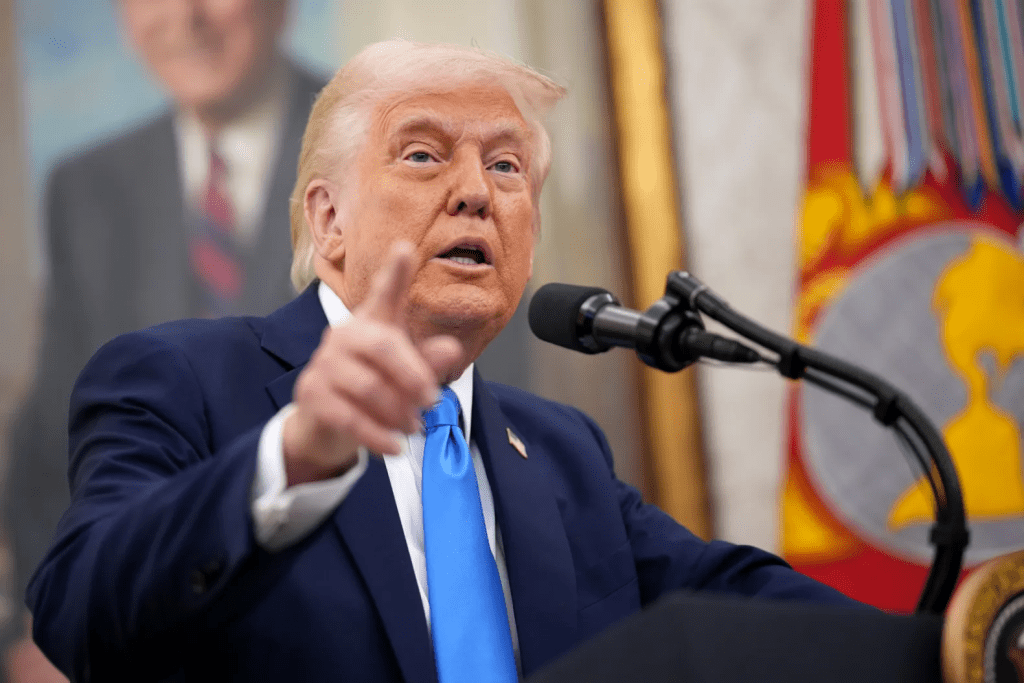
Critics, however, argue that the move is part of a broader trend toward ideological stacking of the courts. Progressive legal groups expressed concern that Mascott’s originalist philosophy could lead to stricter interpretations of laws that affect civil rights and environmental protections. Yet, even among critics, there is acknowledgment of her qualifications and intellect.
Behind the scenes, Senate aides described the vote as tense but decisive, signaling that judicial confirmations remain one of the most consequential and fiercely contested battlegrounds in American politics. “Elections come and go,” one Republican strategist noted, “but judges — especially circuit judges — can shape the law for 30 or 40 years. That’s the real legacy.”
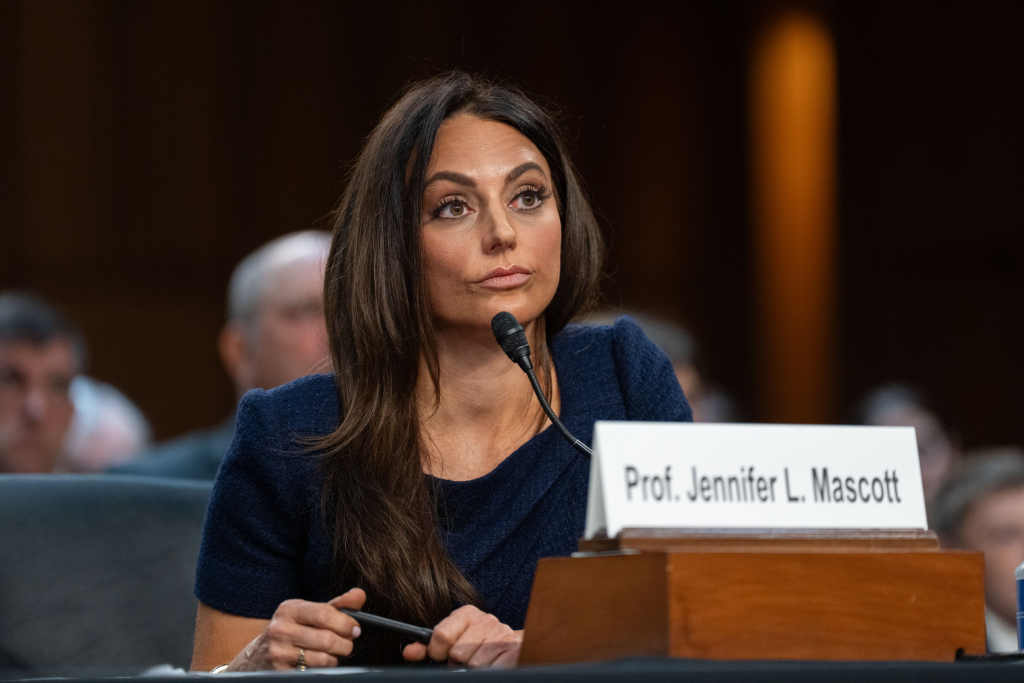
With Jennifer Lee Mascott now confirmed, Trump’s influence on the federal courts continues to expand — long after leaving the Oval Office. As of this latest appointment, more than 230 Trump-nominated judges now serve across the U.S. judicial system, leaving an indelible mark on the nation’s legal landscape.
Her confirmation is not just a political win; it’s a reminder that the battle over America’s courts — and the Constitution itself — is far from over.



